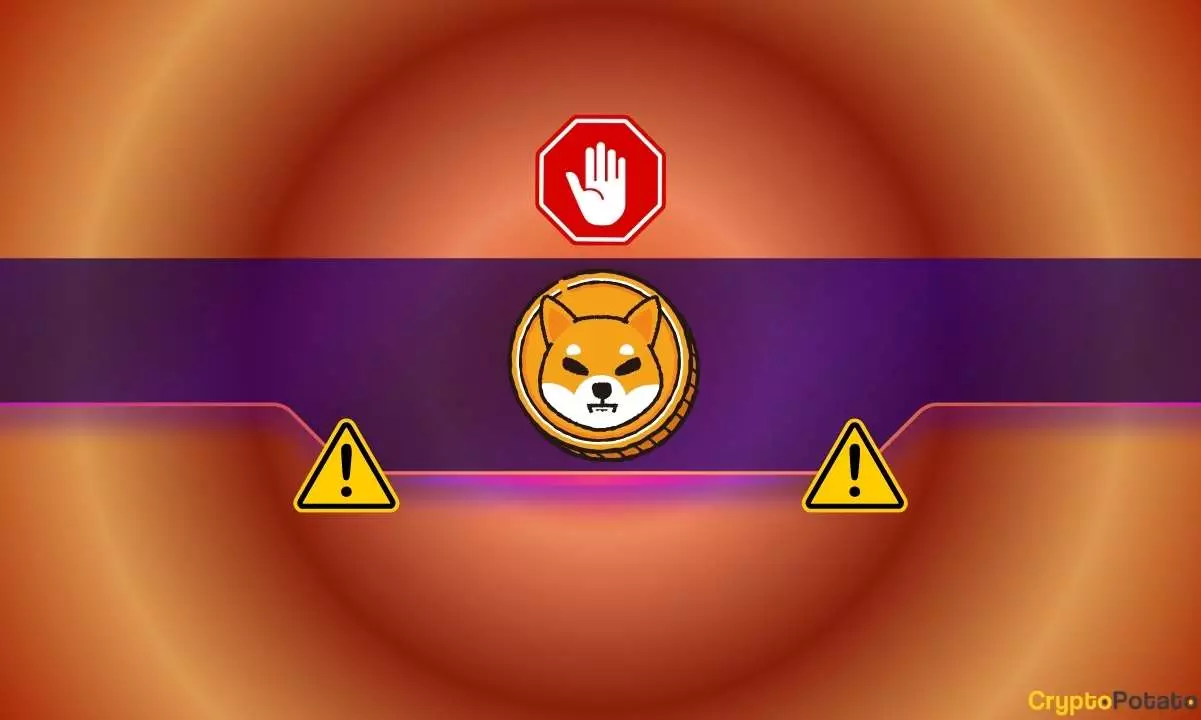The vibrant Shiba Inu (SHIB) community is unfortunately becoming a fertile ground for scams as fraudsters take advantage of its active user base. Scammers, often pretending to be developers of the popular meme coin, are promoting counterfeit tokens that claim to be endorsed by recognized figures within the project. This has raised significant concern about the integrity of the community and the safety of its members. As alerts proliferate, users need to adopt a skeptical eye and verify trusted resources before they engage in any transactions or share sensitive information.
Shibarium Trustwatch: A Beacon of Caution
Shibarium Trustwatch, an account on social media dedicated to exposing fraudulent activities in the Shiba Inu ecosystem, has issued several warnings, illuminating the depth of this ongoing issue. They emphasize the fact that fraudsters often exploit the name of Shytoshi Kusama, the leading developer, to create a facade of authenticity. These fake groups are engineered to lure users into a false sense of trust, only to later solicit personal information or promote fictitious tokens. Trustwatch’s critical advice to verify any group or token’s legitimacy cannot be overstated, especially in a landscape rife with deception.
The Vulnerabilities of the Growing SHIB Community
The Shiba Inu community has burgeoned into a massive network consisting of millions of enthusiasts, investors, and developers. This large demographic makes it an inviting target for scammers, particularly when cryptocurrency market trends are surging. Bull markets often see a significant influx of new investors—many of whom are ill-prepared to discern legitimate opportunities from scams. This dynamic presents a two-fold risk: not only do novices potentially fall victim to scammers, but established members may also find their credibility jeopardized by the actions of impostors.
As the Shiba Inu ecosystem advances, the introduction of tokens like SHI and TREAT aims to enhance its utility. SHI is positioned as an algorithmic stablecoin intended to buffer against market volatility, while TREAT is set to function as a reward token with multiple applications within the ecosystem, from liquidity provision to supporting NFTs in the Metaverse. Yet, with these initiatives come new threats, as scammers are now promoting counterfeit versions of these tokens, claiming them to be live offerings. This underlines the importance of constant vigilance—community members must not engage with any unknown or unverified accounts offering advice or services pertaining to these tokens.
The stakes in the world of cryptocurrency have never been higher, as reflected in the soaring prices of major digital currencies. With Bitcoin recently reaching significant milestones and the overall market capitalization floating above $3.3 trillion, it’s imperative for both new and experienced investors to exercise caution. Protecting oneself involves more than just an intellectual understanding of the landscape—it requires practical measures. Users are encouraged to routinely check official channels and communications from verified developers and the Shiba Inu project.
Engaging with reliable resources helps to build a foundational understanding of which tokens are legitimate and which are simply shadows cast by opportunistic fraudsters. Importantly, it’s essential for community members to foster a sense of responsibility not just for their safety, but for the safety of others. Encouraging open dialogues about these threats can create an informed community less susceptible to manipulation.
As the Shiba Inu community continues to thrive, so too does the surrounding threat environment of scams. While the potential of SHIB and its associated projects draws interest, it’s the community’s collective responsibility to remain alert and proactive against fraudulent schemes. By disseminating accurate information, verifying sources, and encouraging skepticism, members can safeguard not only their investments but also the integrity of the Shiba Inu ecosystem as a whole. Through continued vigilance, the community can ensure that it thrives without falling prey to the malicious tactics of would-be scammers.


Leave a Reply